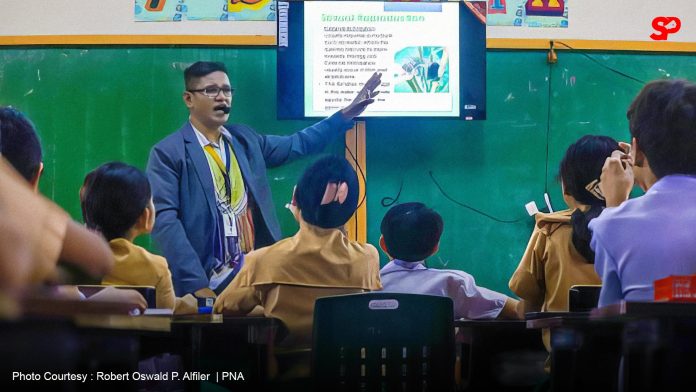MANILA – The Commission on Population and Development (CPD) called on parents to take a more active role in educating their children about sexuality and reproductive health.
CPD Knowledge Management and Communications Division Chief Mylin Mirasol Quiray, in an interview Tuesday, highlighted the critical role parents play in providing accurate and age-appropriate knowledge about their body parts, including sexuality, to their children.
“We are calling on our parents to be the primary educators of their children on such issues. This is indicated in our parent education strategy,” she said.
Quiray said parents are uniquely positioned to address these gaps and serve as children’s first source of guidance.
Through fostering open communication and understanding, she said parents can help their children make better-informed decisions and avoid misinformation.
This comes amid growing concerns over a rise in pregnancy among the youth, with the agency calling for urgent action amid issues on the implementation of sex education in the country.
President Ferdinand R. Marcos Jr. on Monday strongly criticized elements of proposed sex education policies that he described as inappropriate and influenced by “woke” ideologies.
Earlier, the CPD urged the country to take a stronger and broader approach, including intensified age and development and culturally sensitive comprehensive sexuality education, as a strategy of the Philippine Population and Development Plan of Action.
“Our emphasis is even on protection from abuse and developing the life skills of adolescents to make informed decisions,” CPD Undersecretary Lisa Grace Bersales said.
Bersales explained that the agency’s emphasis is on complementing family-based education with institutional support to address gaps in youth sexual health knowledge.
She added that while parents are the first line of guidance, schools and communities must work hand in hand to provide the right information at the right time.
The University of the Philippines Population Institute, in a recent Facebook post, highlighted the urgency of the issue, stating that only one in 10 Filipino youth have ever discussed sex with their parents at home, leaving many to rely on friends or social media for answers.
Data also show that nearly 44 percent of female youth and 39 percent of male youth lack reliable material sources of information about sex. (PNA)

